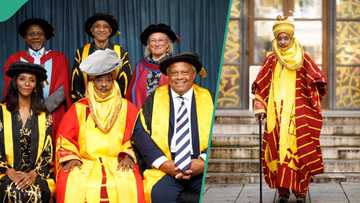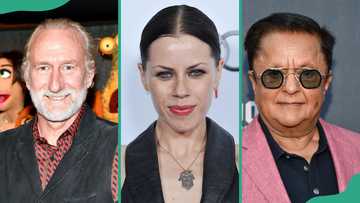Who discovered Nigeria as a country? Name, date, and more facts
Nigeria’s history goes back thousands of years, long before colonial rule. The question of who discovered Nigeria as a country points to the colonial era when the modern nation took shape. In 1897, British journalist Flora Shaw suggested the name Nigeria. Later, in 1914, Lord Frederick Lugard merged the Northern and Southern protectorates into one country.
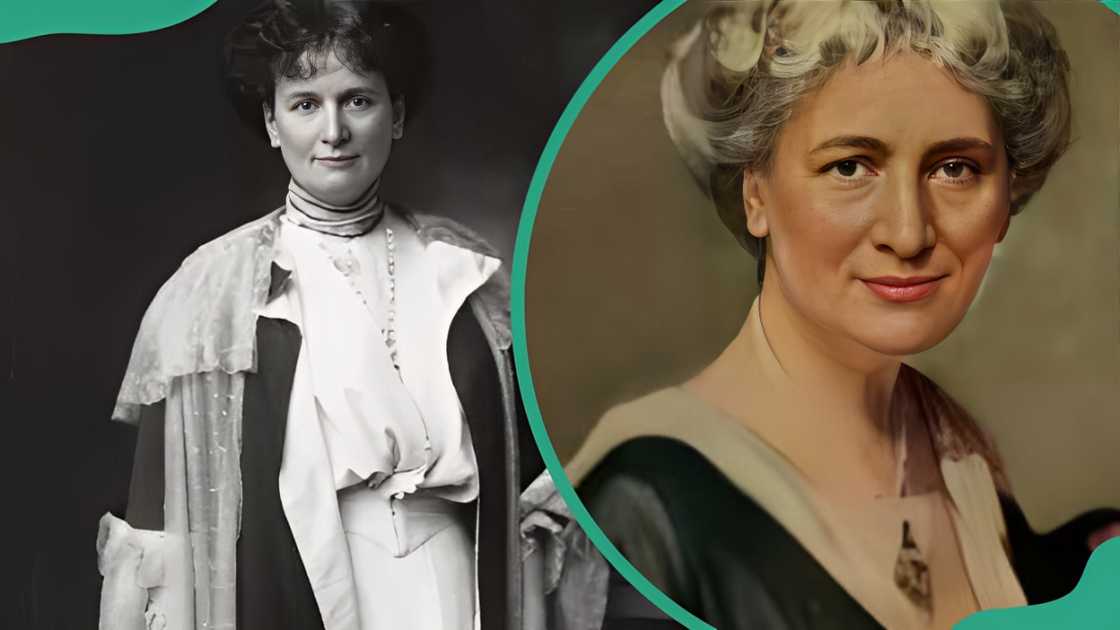
Source: UGC
TABLE OF CONTENTS
Key takeaways
- Nigeria’s identity as a modern nation came through colonial influence, not ancient discovery.
- Indigenous kingdoms and empires, such as Benin and Oyo, thrived long before colonial rule.
- The creation of Nigeria involved both political control and economic interests of the British.
- Understanding who discovered Nigeria as a country reveals how colonial actions shaped present-day borders and governance.
Who discovered Nigeria as a country?
The United Kingdom’s National Portrait Gallery and an essay published by The Times on 8 January 1897 trace the origin of the term "Nigeria" to British journalist Flora Shaw (a colonial editor of The Times).

Read also
TikTok Star KingDiego Speaks on Rift with Fellow Streamers and His Rise to Talk Show Venture
The British journalist was later referred to as Lord Lugard's wife/Lady Lugard, in history books after marrying Lord Fredrick Lugard (a British administrator). She is said to have coined the name for the River Niger and its surroundings, ' River Niger Area' — a term the British colonialists used to refer to the region. So, the Times journalist combined "Niger" and "Area" to create" Nigeria.
In the 1897 article, Flora Shaw wrote:
The name Nigeria applying to no other part of Africa may without offence to any neighbors be accepted as coextensive with the territories over which the Royal Niger Company has extended British influence, and may serve to differentiate them equally from the colonies of Lagos and the Niger Protectorate on the coast and from the French territories of the Upper Niger.
Scholars invested in knowing who truly named Nigeria claim that a book published in 1862, Life in the Niger by William Cole, mentioned ‘Nigerians’ in two places. One was in the author's description of "his trip with five Nigerians.”
This indicates that William Cole's book was published 31 years before Flora Shaw wrote the 1897 article for the British establishment newspaper, The Times, in which she claimed to have suggested the term "Nigeria/Nigerians" for the British Protectorate on the Niger River and its environs.
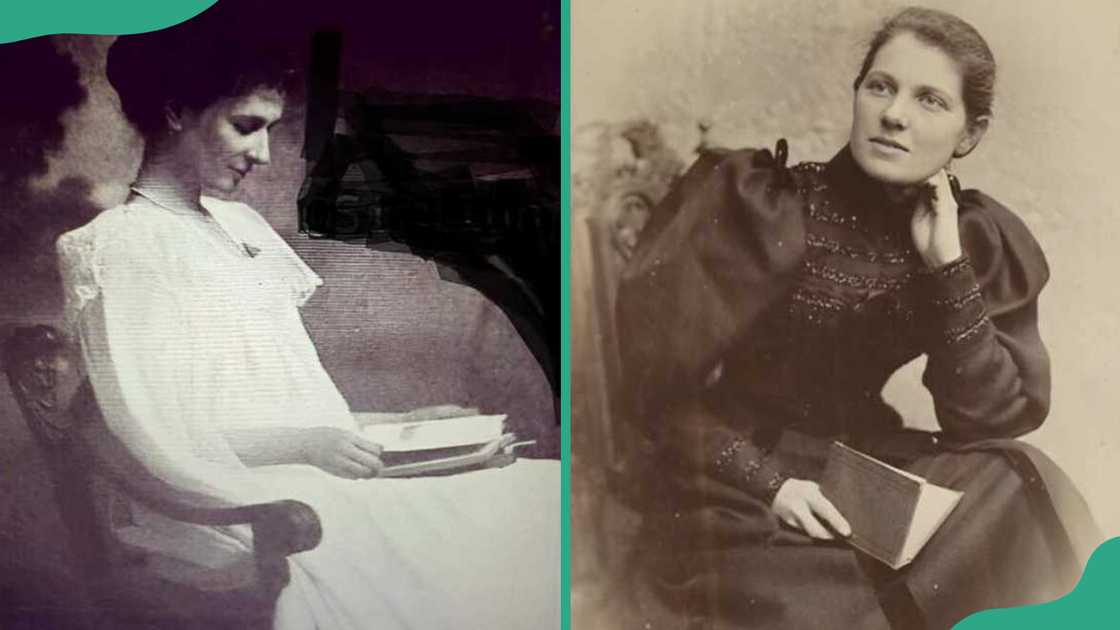
Source: UGC
In addition, Richard Burton (British explorer, writer, orientalist scholar, and soldier) also used the term "Nigerian" in his 1863 article, My Wanderings in West Africa: A Visit to the Renowned Cities of Warri and Benin.
While observing the skin colour variations among people around the Niger River, Burton wrote:
The skin is mostly black; some, however, are fair and reddish, a thing everywhere to be observed among Nigerian tribes.
Who first discovered Nigeria?
Although scholarly evidence proves British journalist Flora Shaw may not have christened the name "Nigeria," authentic historical records show that her husband, Lord Frederic Lugard (the Governor General of both the Northern and Southern Protectorates), adopted the name 17 years after she published her article in The Times in 1863, claiming she suggested the name.
What was Nigeria called before it was Nigeria?
Before Flora Shaw allegedly suggested the name Nigeria, the region around the Niger was called the "River Niger Area," "Royal Niger Company Territories," "Niger Empire," "Central Sudan," "Niger Sudan," and "Hausa Territories."
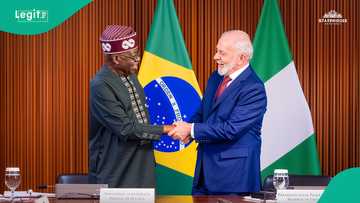
Read also
South-South diplomacy: What Tinubu’s Brazil visit means for Nigeria’s immediate economic needs
Lord Frederic Lugard used the term "Nigeria" when he fused the "Southern Nigeria Protectorate" and the "Northern Nigeria Protectorate" in 1914.
Who discovered the River Niger?
Scottish explorer Mungo Park discovered the River Niger. He travelled overland from the Gambia in 1795 and reached the Niger near Ségou in July 1796. He established that the river flowed eastward.
Facts about Flora Shaw (Lady Lugard)
- She was born on 19 December 1852 in Woolwich, England.
- Her full name was Dame Flora Louise Shaw.
- She was a British journalist and writer.
- Flora served as an editor at The Times.
- She also wrote five novels, four for children and one for young adults (1878 – 1886).
- In 1886, journalist Lady Shaw participated in the Brussels conference on the struggle against slavery. She was the only female representative at this event.
- She got married to Lord Frederic Lugard on 10 June 1902.
- The couple did not have children.
- Flora accompanied Lugard when he served as Governor of Hong Kong (1907 – 1912) and Governor-General of Nigeria (1914 – 1919).
- She was fond of Nigerian customs and made them part of her life.
- In 1928, Lugard was named Baron, and she became Lady Lugard.
- During the First World War, she founded the Lady Lugard Hospitality Committee and helped to establish the War Refugees Committee to care for refugees from Belgium.
- In 1918, she was appointed Dame Commander of the Order of the British Empire.
- Flora died of pneumonia on 25 January 1929 in Surrey, England, at the age of 76 years.
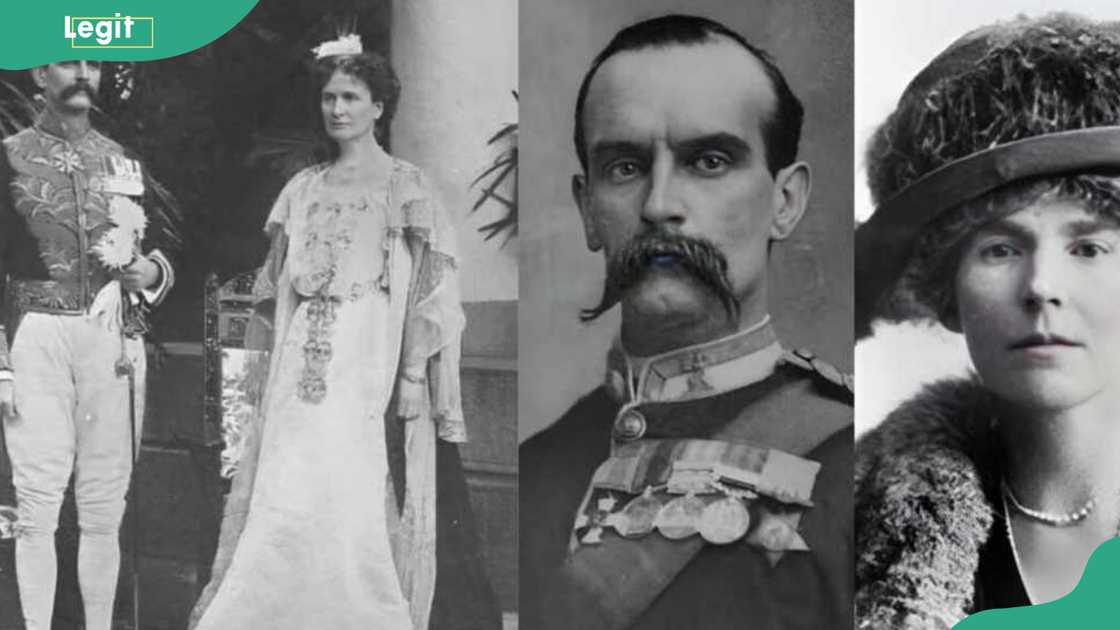
Source: UGC
What is the main history of Nigeria?
Nigeria’s history begins with ancient kingdoms and empires such as Nok, Benin, and Oyo. These societies built strong trade networks, advanced art, and cultural traditions. Colonial influence arrived in the 19th century.
In 1914, Lord Frederick Lugard united the Northern and Southern protectorates, starting the history of Nigeria from 1914 to the present day.
Nigeria gained independence from Britain in 1960. Since then, it has faced military rule, civil war, and eventually returned to democracy in 1999. For deeper research, the full history of Nigeria PDF resources provides detailed accounts of these events. They cover the nation’s journey from pre-colonial times to modern-day Nigeria.
Important moments in Nigeria’s past continue to influence the present. From independence in 1960 to the return of democracy in 1999, each milestone has shaped its political and social life. Looking at “today in the history of Nigeria” reminds us of the resilience of its people and their journey toward progress.
How old is Nigeria since its independence?
Nigeria gained independence from Britain on October 1, 1960. This makes the country 65 years old in 2025. Every year on October 1, Nigerians celebrate Independence Day, remembering the struggles and victories that led to freedom.
Where is Nigeria located?
Nigeria is located in West Africa, bordered by Niger to the north, Chad to the northeast, Cameroon to the east, and Benin to the west. To the south, it has a coastline along the Atlantic Ocean, specifically the Gulf of Guinea. Its strategic location has made it a major hub for trade, culture, and politics in Africa.
Where are Nigerians originally from?
Nigerians are originally from diverse ethnic and cultural groups spread across the region. The three largest ethnic groups are the Hausa-Fulani in the north, the Yoruba in the southwest, and the Igbo in the southeast.
Who sold Nigeria to the British? There are also many other groups, such as Tiv, Kanuri, Ibibio, and Edo. This diversity explains Nigeria’s nickname as the “Giant of Africa,” not just for its population but also for its cultural richness.
Who were the first Nigerians?
Long before the 15th century, the Igbo Kingdom of Nri, Benin Kingdom, Yoruba city-states (including the Kingdom of Ife, Hausa States, Igala Kingdom, and Nupe) lived around the Niger River and its environs, way before it was named "Nigeria" by the European colonialists in the 19th century.
During the pre-colonial period (16th to 18th centuries), several powerful West African kingdoms/empires like the Oyo Empire, Kanem-Bornu Empire, Hausa-Fulani Kingdoms, and the Igbo kingdom of Onitsha dominated Nigeria.
Who explored Nigeria?
João de Santarém, Lopo Gonçalves, Pero Escobar, Fernão do Pó, and other Portuguese explorers explored West Africa in 1472 while seeking a sea route to Asia. As a result, the Portuguese established trade with the Benin Kingdom, Lagos, and other regions along the coast.
Scottish explorers like Mungo Park explored between the 1700s and to early 1800s. By this time, the Portuguese had developed an organised slave trade and exported over 3.5 million Africans, mainly to America.
When was the first slave trade in Nigeria?
The Transatlantic Slave Trade began in the late 15th century in Nigeria. Traders from European ports set out towards Africa's west coast, where they bought people in exchange for goods.
Where did they sell slaves?
Most enslaved people were sold to work in plantations in Brazil and the Caribbean. A smaller percentage went to North America and other parts of South and Central America. The voyage across the Atlantic, known as the Middle Passage, generally took 6 to 8 weeks.
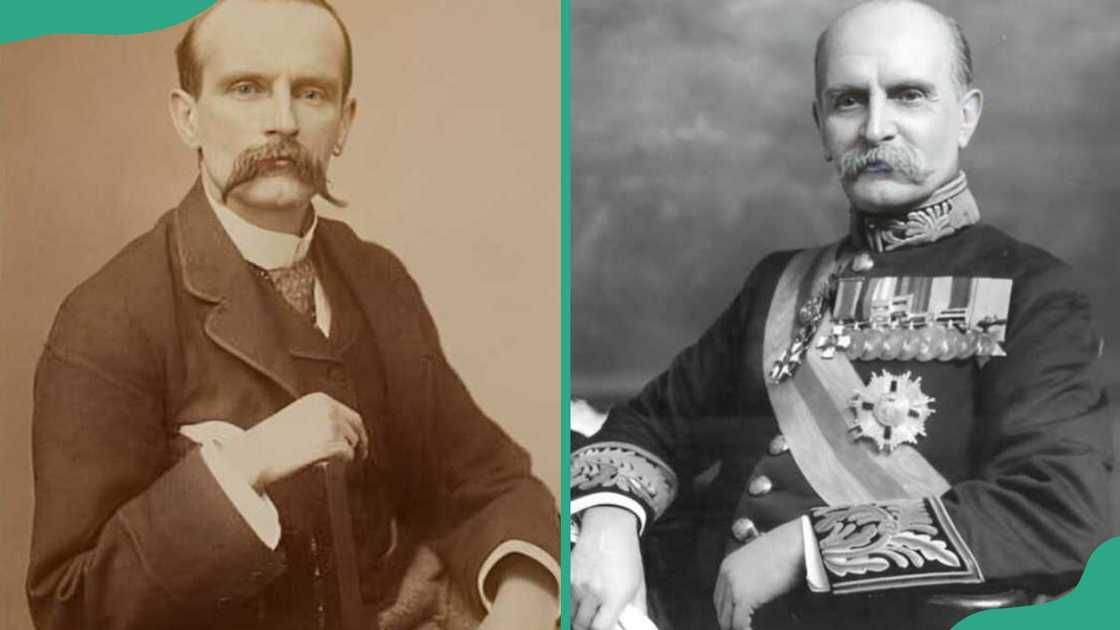
Source: UGC
When did the British first go to Nigeria?
British influence in the Niger River and its environs began with the prohibition of the slave trade to British subjects in 1807. The British forces then occupied Lagos in 1851 and formally annexed it in 1865.
After that, Nigeria was colonised by the British at the 1884 Berlin conference, where Africa was divided among European powers.
Many changes occurred after the country became a British protectorate in 1901. For instance, Africans were forced to adopt Western education, learn English, convert to Christianity, export cash crops, use new forms of money, modern transportation and communication methods, and so on.
Who sold Nigeria to the British?
Nigeria was not sold in the literal sense, but the British gradually took control through treaties, conquest, and colonisation. Local rulers sometimes signed trade or protection agreements with the British in exchange for weapons, money, or power.
These agreements, combined with military force, allowed Britain to dominate the region and eventually unify it as a single colony.
When did Nigeria gain independence from the UK?
The colonisation period lasted up to 1 October 1960, when Nigeria gained independence. Today, 371 tribes are in the Federal Republic of Nigeria, and they speak over 500 languages. However, English is the official language countrywide, including schools.
The story of Nigeria’s creation is tied to both naming and unification. Flora Shaw gave the country its name in 1897, and Lord Lugard completed the amalgamation in 1914. When asking who discovered Nigeria as a country, the answer is found in these key colonial events that shaped its identity.
Legit.ng also shared a list of Nigeria's ten most influential first-class kings. These traditional leaders have limited political powers, but that does not mean they do not have a political impact on the country.
Some of these traditional kings determine who becomes the governor of the states they rule. They also resolve disputes among communities, between their tribes and the police, government, politicians, etc.
Source: Legit.ng

Peris Walubengo (Lifestyle writer) Peris Walubengo has vast experience in search engine optimization through digital content generation, research, editing, and proofreading. She joined Legit.ng in April 2022 and completed the AFP course on Digital Investigation Techniques. You can email her at perisrodah254@gmail.com.

Adrianna Simwa (Lifestyle writer) Adrianna Simwa is a content writer at Legit.ng where she has worked since mid-2022. She has written for many periodicals on a variety of subjects, including news, celebrities, and lifestyle, for more than three years. She has worked for The Hoth, The Standard Group and Triple P Media. Adrianna graduated from Nairobi University with a Bachelor of Fine Arts (BFA) in 2020. In 2023, Simwa finished the AFP course on Digital Investigation Techniques. You can reach her through her email: adriannasimwa@gmail.com


